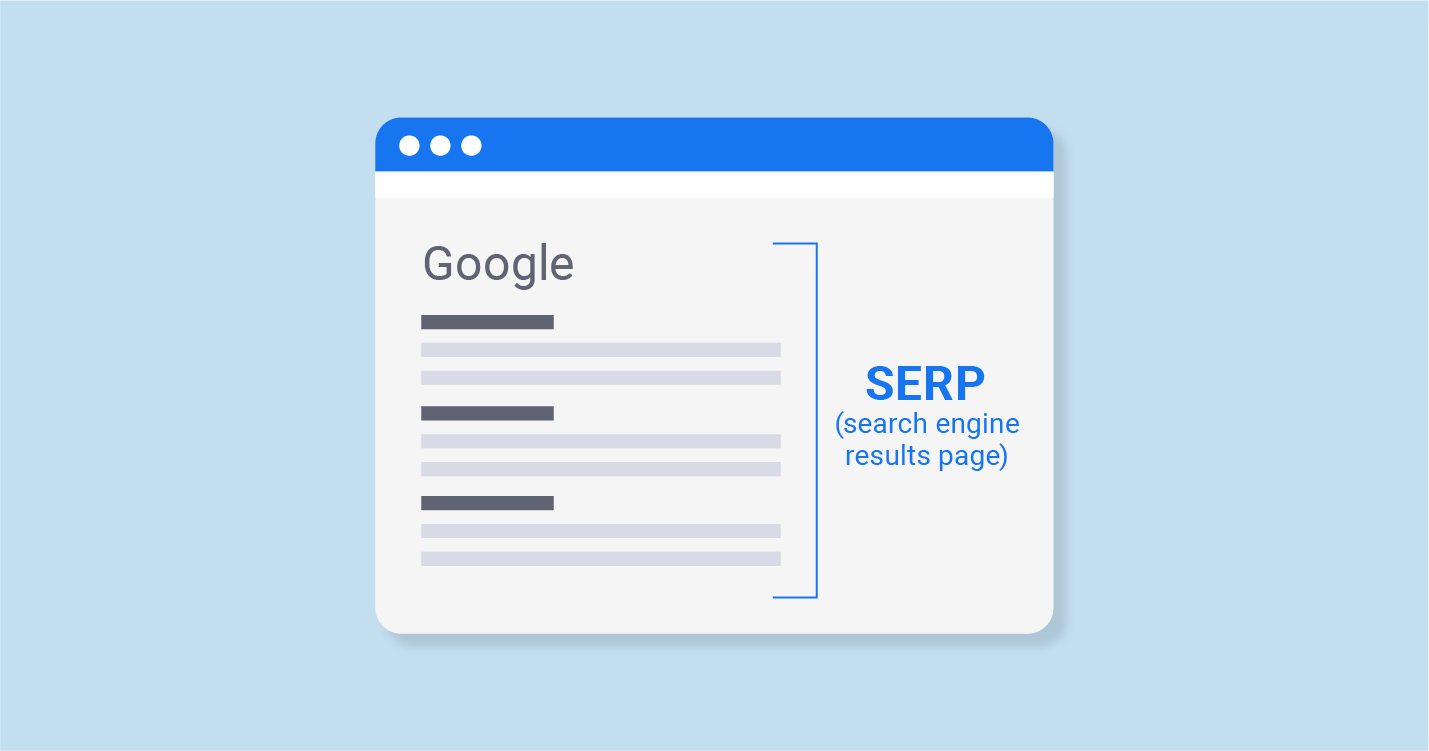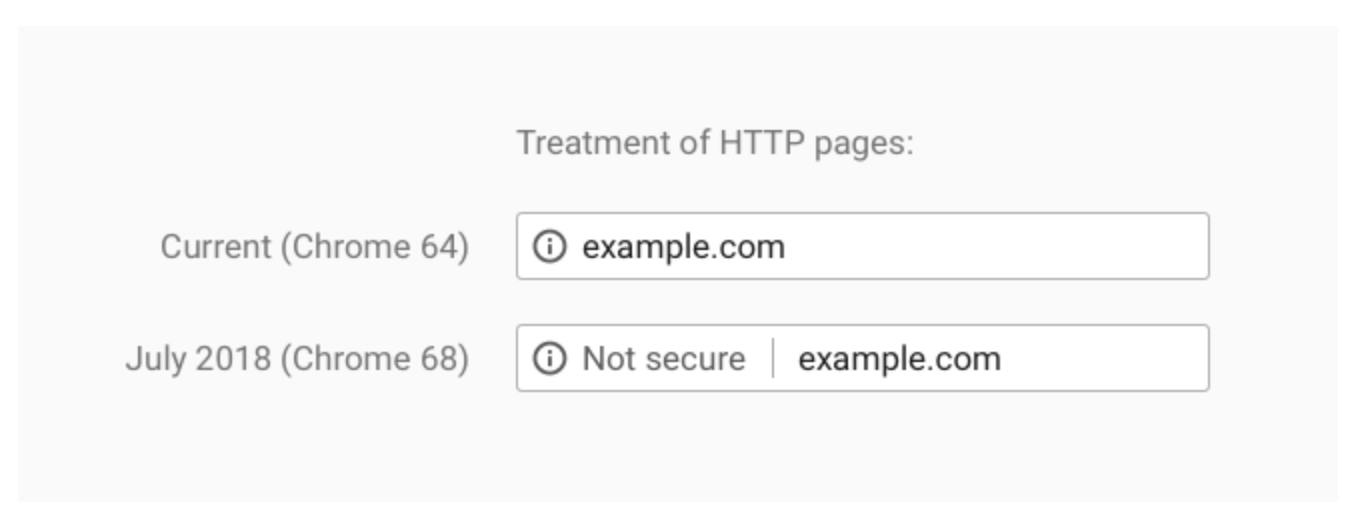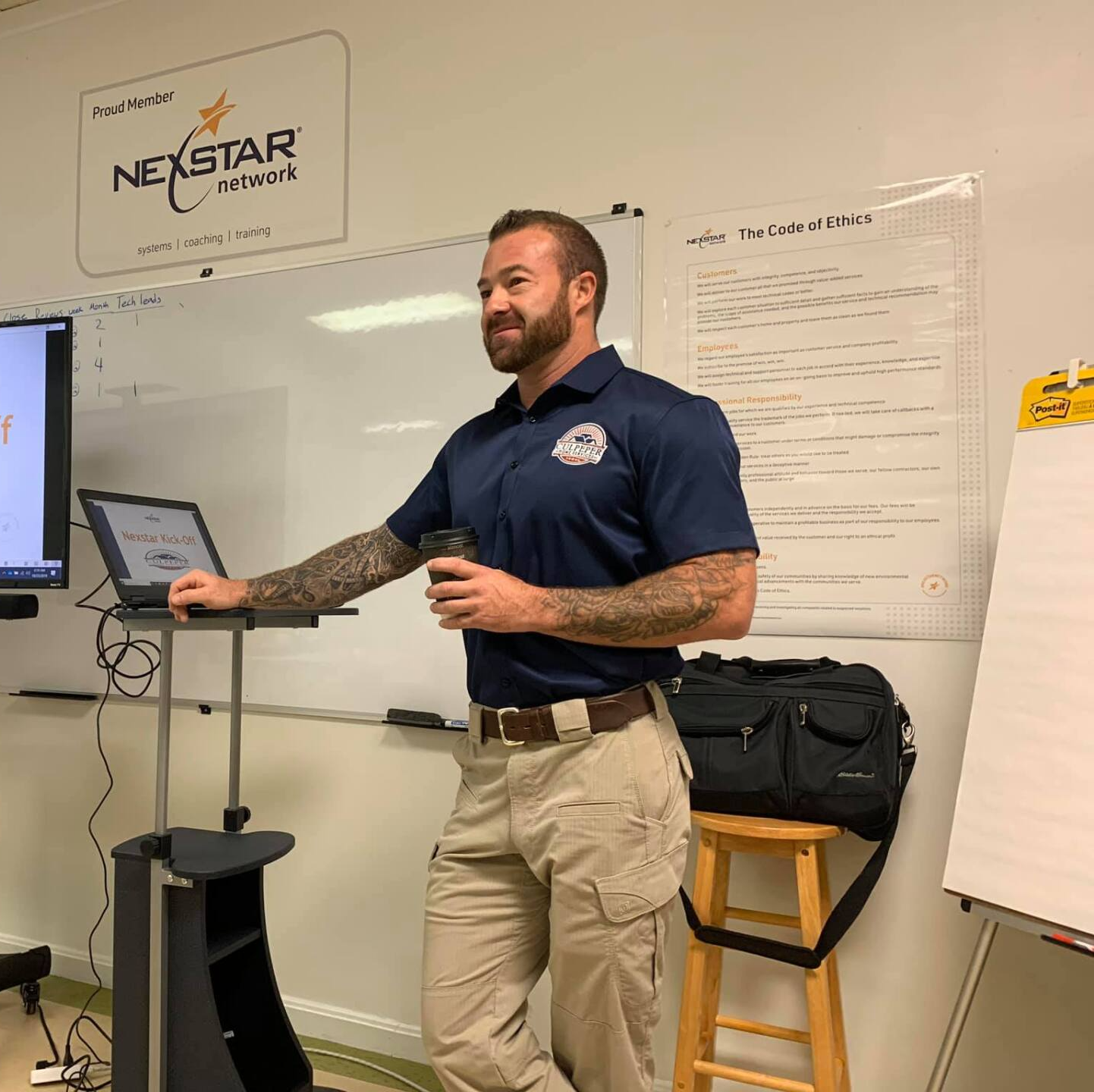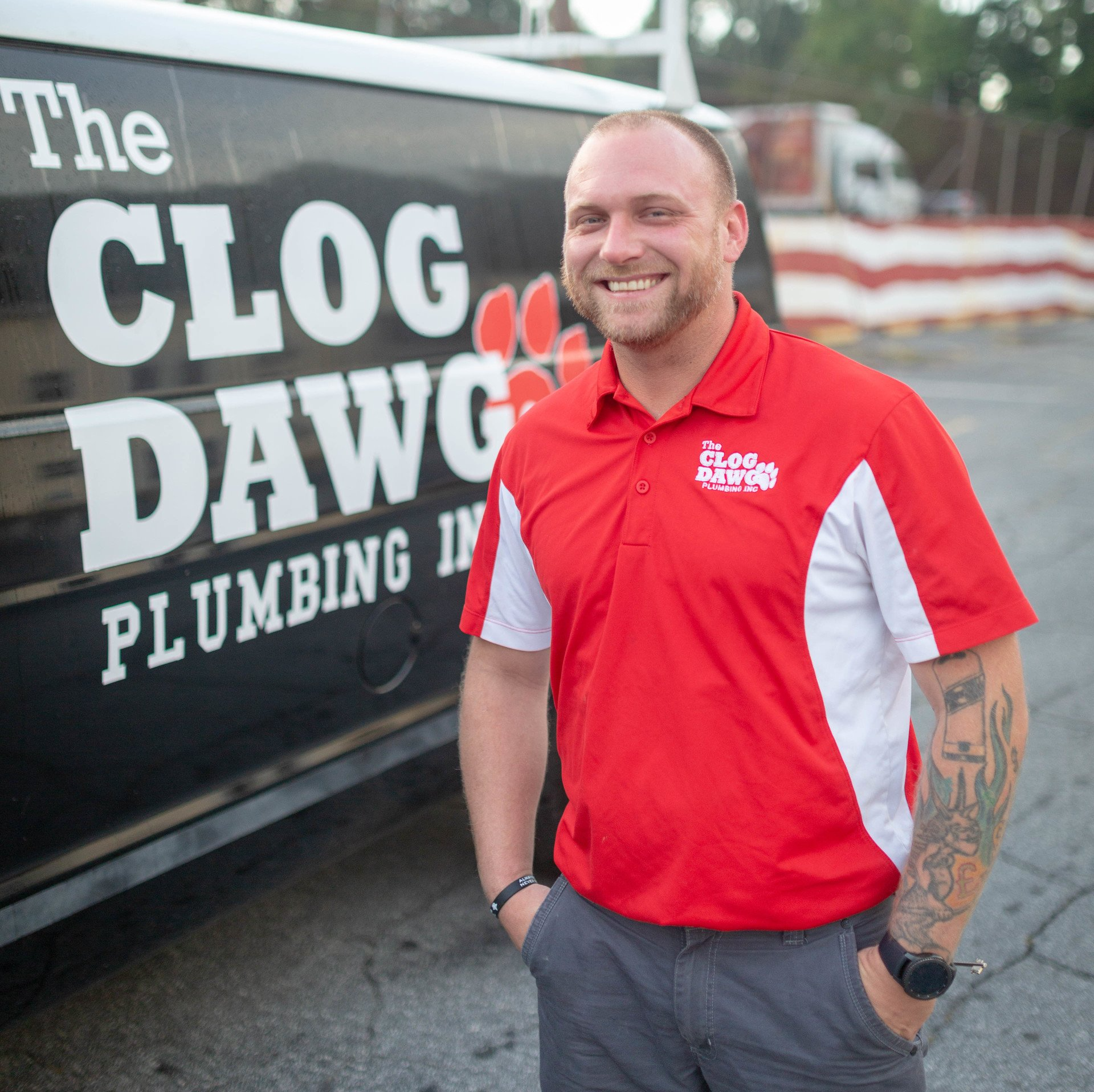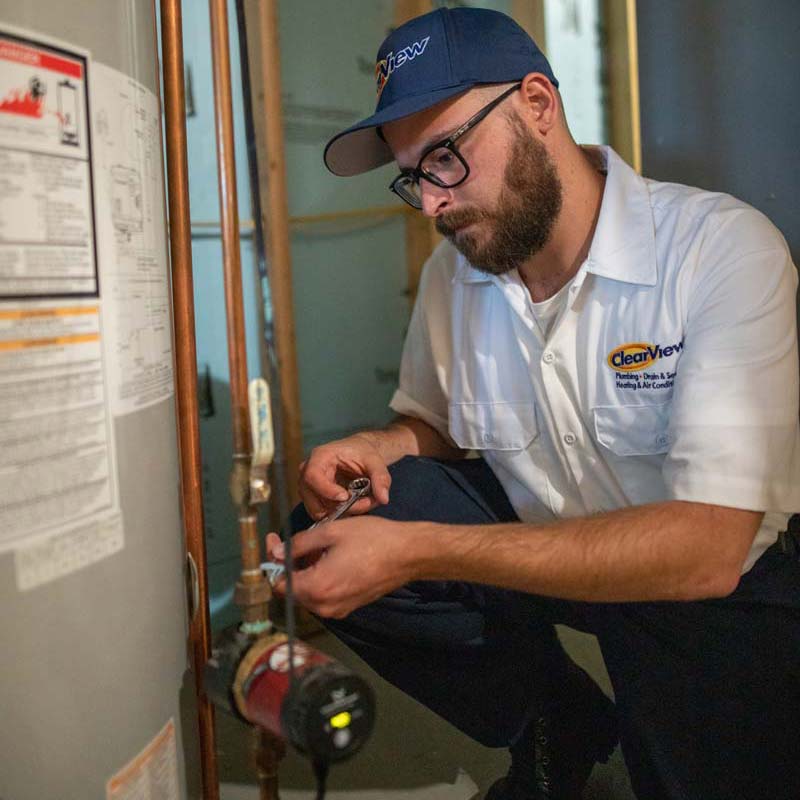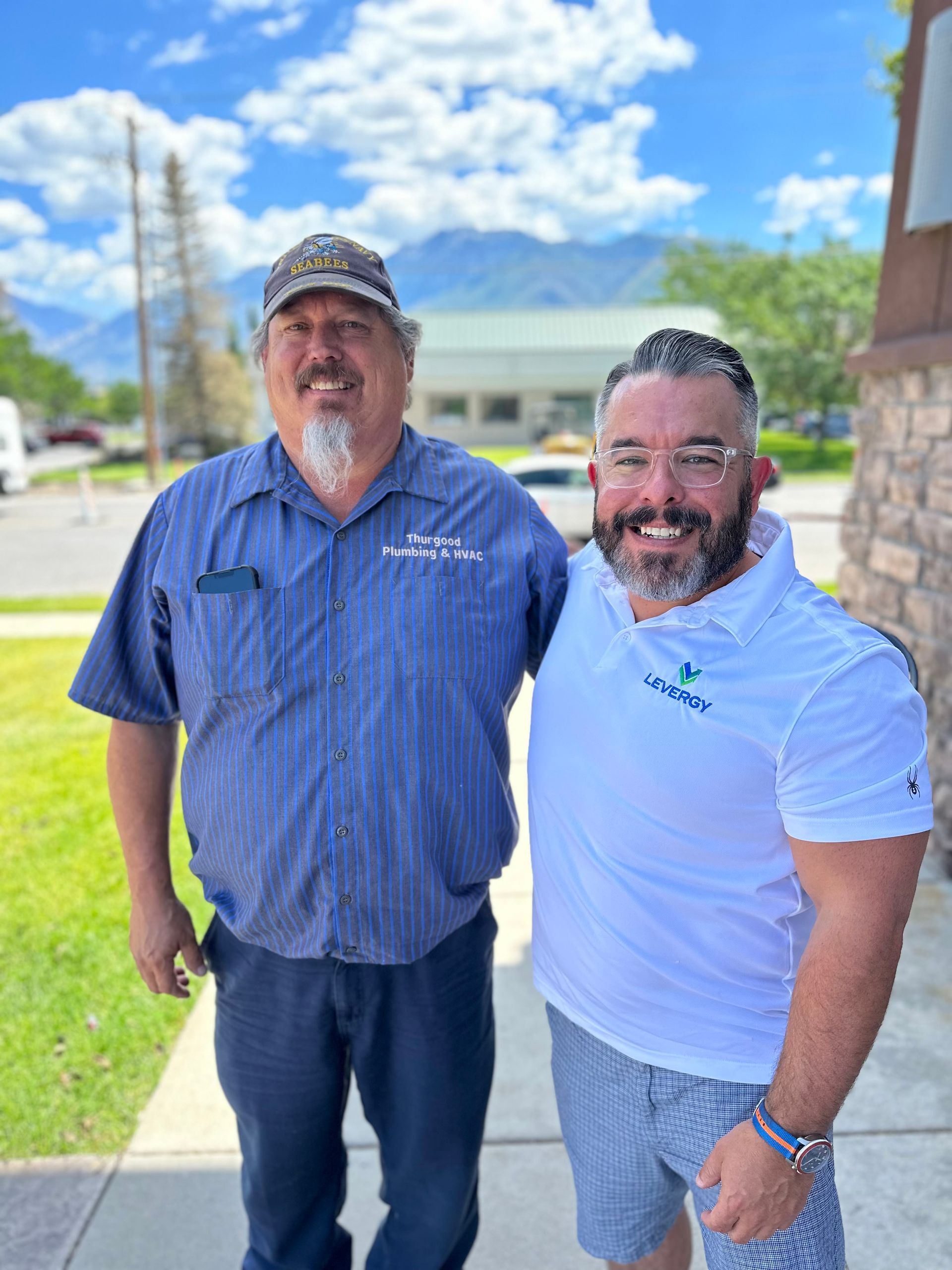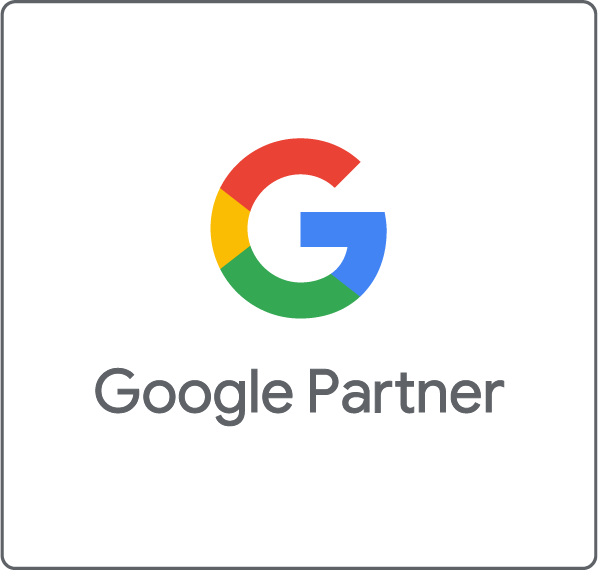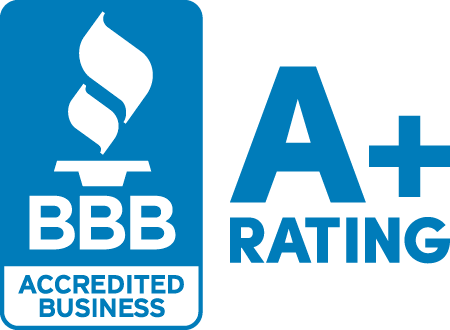Top Changes to Google SERP in 2018
And What It Means for Plumbers & HVAC Shops
I get this question a lot (or a variation thereof): How can I get more traffic to my plumber website or HVAC website?
That’s an important question with a surprisingly simple answer: make Google happy
. Of course, the “how” of making Google happy is complex, but it boils down to one thing: paying attention.
Here’s what I mean. Back in the day, before the internet was a glimmer in a computer scientist’s eye, marketing was simpler. Innovation was slow, and advertisers had a relatively limited number of channels to use. The internet and technology changed all of that. Actually, it’s more accurate to say the internet and technology are changing all of that. It’s not as though some revolution happened and then ended. No, there’s constantly something new to consider.
Why Plumbers and HVAC Contractors Should Care About Algorithms
Take, for instance, Google’s tendency to constantly revise its search algorithm—on average, nearly twice per day. Now, for those just joining us, an algorithm is a set of rules for solving a problem. When it comes to Google’s algorithm, the problem is how to return fast, accurate, and meaningful answers to someone’s question.
Why does this matter to you? Because:
- Google applies its algorithm to your website to decide how useful you’ll be to someone looking for a plumbing or HVAC contractor.
- Its assessment of your usefulness determines your place on the Search Engine Results Page (SERP).
- Your position on the SERP has an enormous impact on how much traffic you’ll get to your website.
So, let’s get back to that “paying attention” thing. There are two things to consider here. First, because Google’s constantly tweaking its algorithm, it’s a huge mistake to invest money in a website and some Search Engine Marketing (SEM) today and then act like whatever you set up is going to keeping working three months from now. Because it might not.
There’s a flip-side to that, though. It’s also a huge mistake to make massive changes to your marketing every time you hear about the next “best” thing. Ready-fire-aim marketing is rarely successful and always expensive.
Don’t get me wrong: It’s great to experiment with new landing pages, keywords, images, and so on, and you should try to respond to Google’s changes as much as you can. But you should also have a purposeful, data-driven strategy that will work for you in the long-term. Why? Because no one really knows what Google wants. We digital marketing geeks do lots of research and we make smart guesses, but it’s not as though Google gives us a checklist with every update.
Confusing, right? Sure it is. So, what changes should you be concerned about?
Critical SERP Changes for HVAC and Plumbing Contractors
Now that we’re approaching the end of 2018, let’s talk about a few algorithm changes that are, without question, affecting plumber and HVAC websites on SERPs.
Medic
In August 2018, Google’s algorithm bumped up the importance of a website’s expertise, authoritativeness, and trustworthiness (E-A-T) on its subject matter
. Anecdotally named “Medic,” this update severely impacted healthcare-related sites, but it’s certainly not limited to that field. So how do you demonstrate E-A-T?
- Earning backlinks.
- Offering meaningful content (through blogs, for instance).
- Getting loads of online reviews.
Mobile-First Indexing
More than half of all internet activity happens on mobile devices, so I can say this with confidence: If your website isn’t mobile-friendly, you are losing business.
People will not put up with a site that’s illegible or erratic on their phone—especially when they’re in the middle of a plumbing or HVAC emergency.
But that’s not all. This year, Google launched its new mobile-first index. So what? So this: When someone types “plumber near me” or “HVAC contractor near me” (for example), Google pulls up a list of mobile-responsive websites, applies its SERP algorithm to that list
, and then displays results. Yes, it’ll still crawl the desktop version of your site, but only after
it’s crawled your competitors’ mobile ones—which will dramatically decrease your SERP rank.
Shortened Snippets
Your website’s metadata, which literally means “data about data,” gives Google an at-a-glance description of your site’s content, and some of that information shows up on the SERP. One of the most important pieces of metadata is your meta description. In the example below, it’s the piece that starts with “Call (918)...”
At one time, web developers advised us to limit meta descriptions to 150-160 characters because that’s all Google would display on the SERP. In late 2017, things started to change: Google would sometimes display as many as 350 characters, and it didn’t always pull from the description tag. Instead, it occasionally showed text from the first paragraph on the actual page. Then, several months later—in May of 2018–our friend Google went back to those short snippets. Oh, Google!
The algorithm geniuses over at Mozrecommend taking this approach: Write a 150-character "lead" that summarizes the page, then add 150 characters of useful, but less essential, detail. That way, wherever Google cuts off the snippet, the SERP will still show relevant information to your prospective customers.
Chrome Security Warnings
People are growing weary of data breaches, which means they care if websites are secure—which means Google cares about that, too. Site security has been a SERP ranking factor since 2014, but in July 2018, Google Chrome (the most popular web browser by far) started clearly marking HTTP sites as “not secure.”
Of course, migrating your HTTP site to HTTPs is a complex process and can be costly, but it doesn’t have to be. But you know what else is complex and costly? Trying to stay in front of potential customers without a decent SERP rank. That may sound harsh, but I want your business to do well, and from a digital marketing perspective, you need Google’s help. To get it, you’ll have to invest in making your website secure. If you’re not processing payments on your website, a great tool to use for getting SSL security with minimum hassle is Let’s Encrypt.
Does your head hurt?
As I said at the very top of this post, getting more traffic to your website is simple—but also super complex. Learning Google’s language is a full-time job, and you already have one of those. So, do you want some help? Let’s talk.
Was This Helpful?
Sign up here, and we'll automatically email you as we publish new articles that you may find useful.
Was This Helpful?
As Seen In:
Is your website helping or hurting your SEO efforts? Find out now for free.
We've got give-a-damn for days.
When my team talks with new clients, we hear a ton of frustration, overwhelm, and general fed-up-ness.
I'm guessing you can relate.
Maybe you've been trying to figure out all this marketing stuff on your own OR you've handed a crap-ton of money to an "expert" for no apparent reason.
Your phones still aren't ringing like they should.
Your advertising still isn't performing like you expected.
Your website's still not ranking or converting like it needs to.
You can't figure out why... and/or your current marketing "partner" isn't 'fessing up.
We think you deserve better.

Ryan Redding
CEO Levergy
Author of The Book on Digital Marketing for Plumbing and HVAC Contractors
Here's how we'll get you more plumbing, HVAC, electrical, garage door, roofing, or other home service leads:

Tell us what's keeping you up at night.
Let's get on a call so you can tell us where your business is and where you want to go. We'll follow-up with a free, comprehensive assessment and actionable tips.

We'll help you fix it.
If you like what you see so far, we'll put together a customized plan with transparent, flat-rate pricing—and then get to work growing your business.

So you can breathe easy.
Have peace of mind knowing you have a true partner on your side who cares about your success as much as you do.
What you get is important.
How you're treated is what sets us apart.
Culpeper Home Services
"... they always go above and beyond the call of duty. I'm impressed with their work ethic, loyalty, and integrity."
- Russell Furr, President
The Clog Dawg
"[Levergy] understood my specific needs and got the work done—bypassing all the unnecessary nonsense. And now business is booming!"
- Steven Douglass, President
Your mileage may vary.
Better results are here.
Discover how to stop wasting money on marketing that doesn't work, and make your phone ring off the hook.


